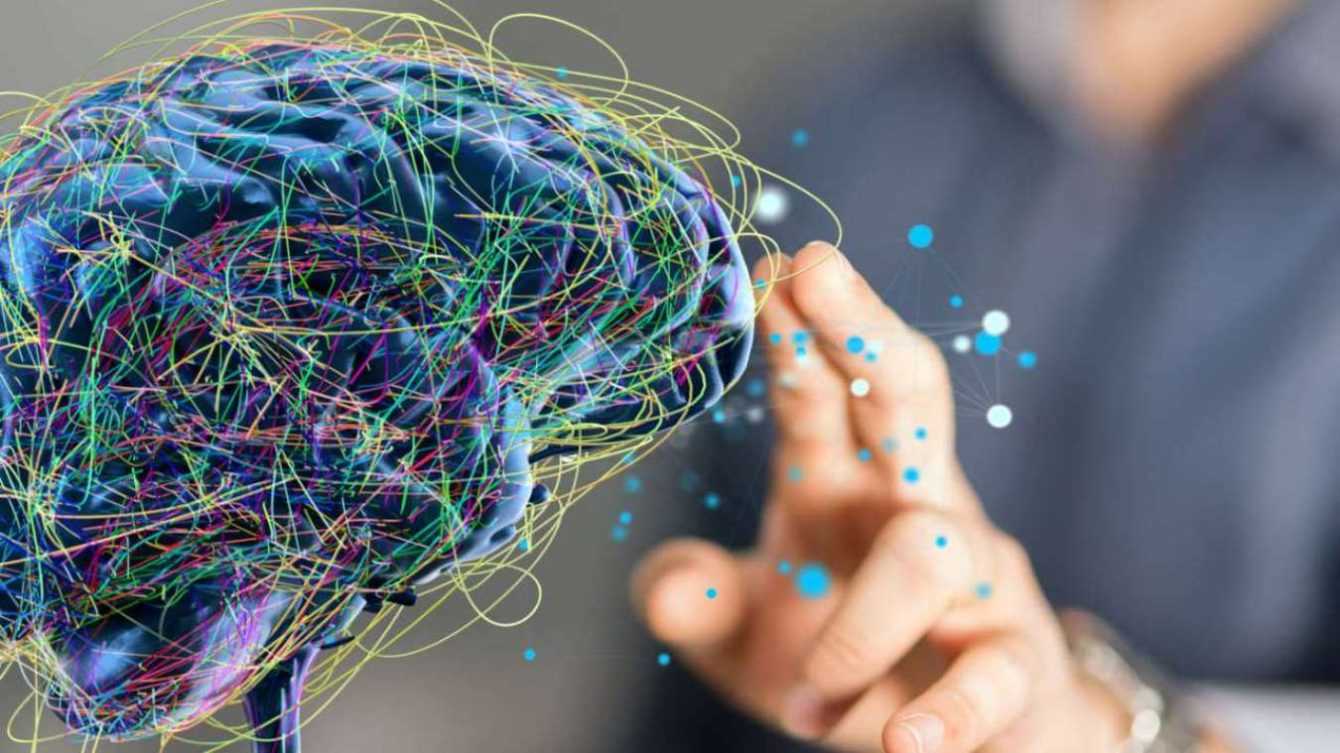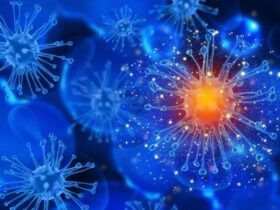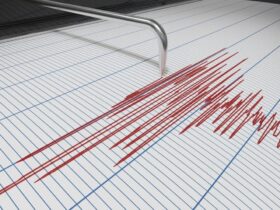Studies conducted by the universities of Sao Paulo and Louisville highlight that autism diagnosis has transformative potential thanks to artificial intelligence, technology revolutionizes medicine
L’autism represents a significant challenge for the medical community and for the families involved. One of the main difficulties is early diagnosis, but new research coming fromUniversity of Sao Paulo in Brazil and fromUniversity of Louisville in the United States indicate that theartificial intelligence (AI) could offer innovative solutions to this problem. Currently, early diagnosis of autism is complex and requires specialized skills. However, difficulty in detecting early signals can delay therapeutic intervention, compromising the long-term outcome for patients. The potential of AI in the medical field they are constantly growing. From multilingual translation to assisted diagnosis, AI is revolutionizing medical practice, offering more efficient and accurate solutions. A team of researchers from the University of Sao Paulo conducted an innovative study using AI to diagnose autism. Through the analysis of functional MRIs and electroencephalograms, they were able to train machine learning algorithms with unprecedented precision.

The results of the study to diagnose autism with artificial intelligence
The brain maps obtained allowed the researchers to identify alterations specifics associated with autism with a accuracy greater than 95%, paving the way for more timely and accurate diagnoses. The practical implementation of these discoveries could revolutionize the diagnosis and treatment of autism, improving the quality of life of patients and reducing the social stigma associated with the condition. In parallel, the University of Louisville conducted research focused on the application of AI in the diagnosis of autism in children. Using an advanced MRI technique with diffusion tensorhave obtained highly promising results.
This technique allows you to analyze the brain connections in children, revealing distinctive patterns associated with autism. The results demonstrated high sensitivity and specificity in diagnosis, opening new perspectives for clinical practice. The widespread adoption of artificial intelligence could revolutionize how we address autism, enabling early, personalized interventions that maximize patients’ potential.
Continue reading techgameworld.com so you don’t miss the latest science-themed content, but not only that. Follow all the updates!
















Leave a Reply
View Comments